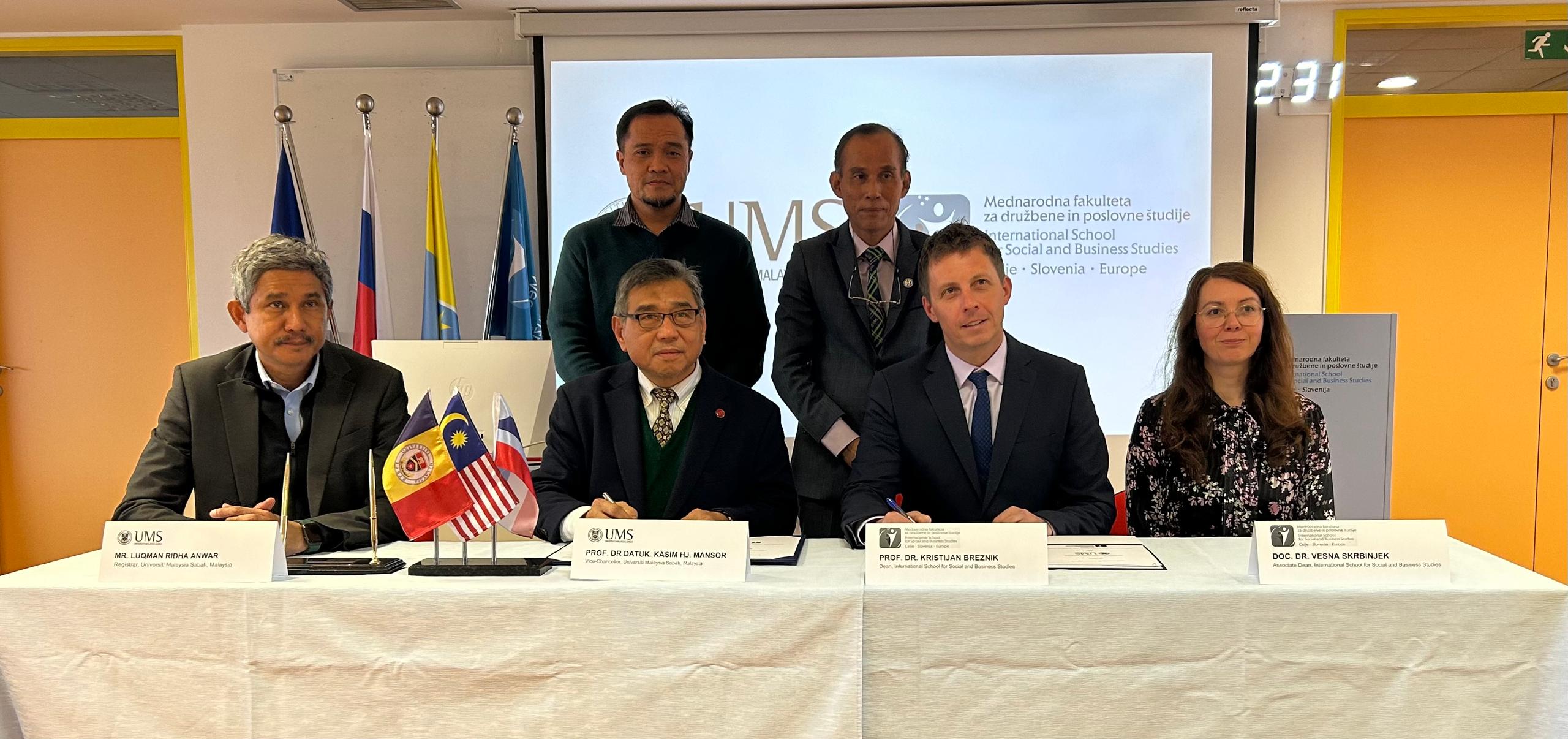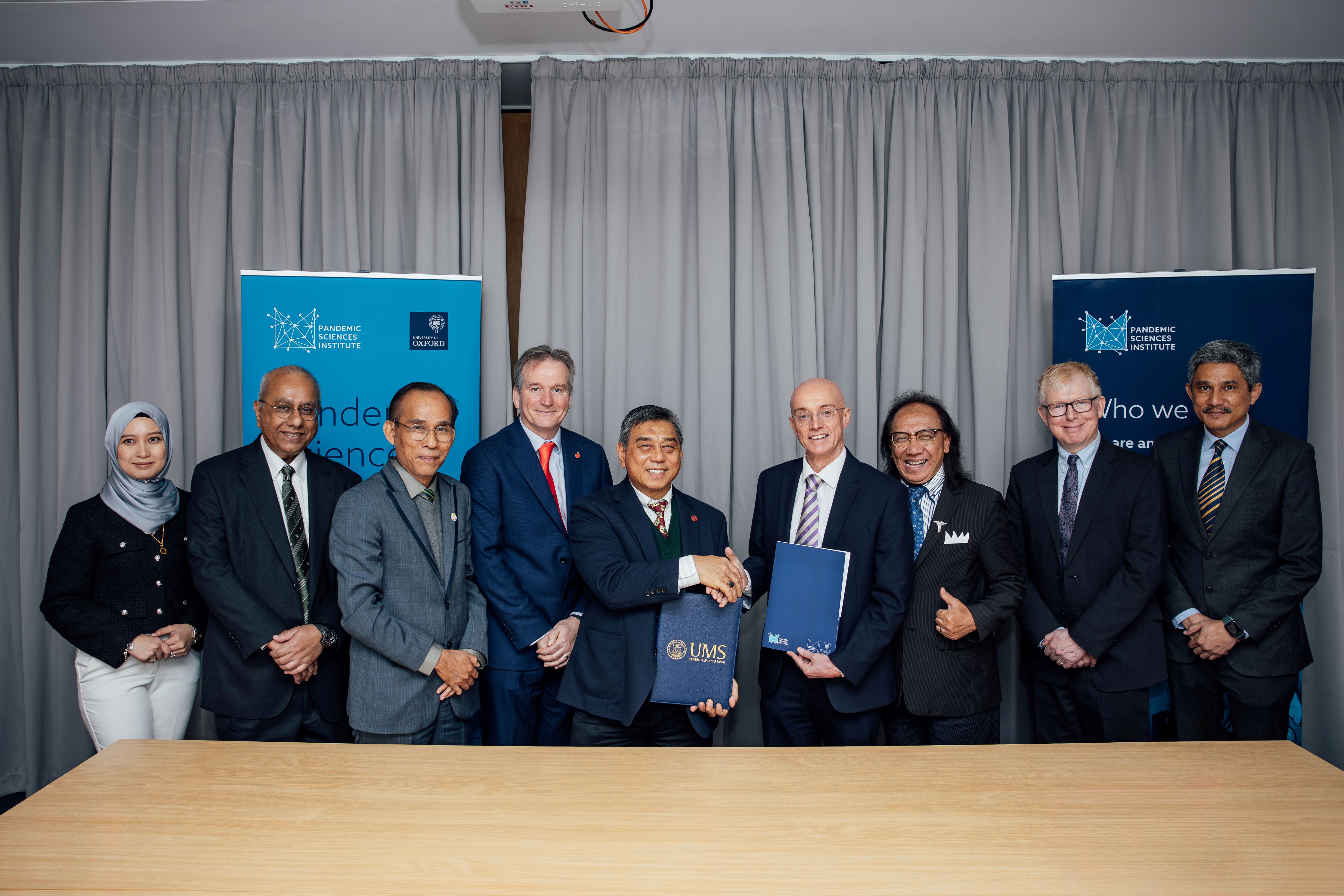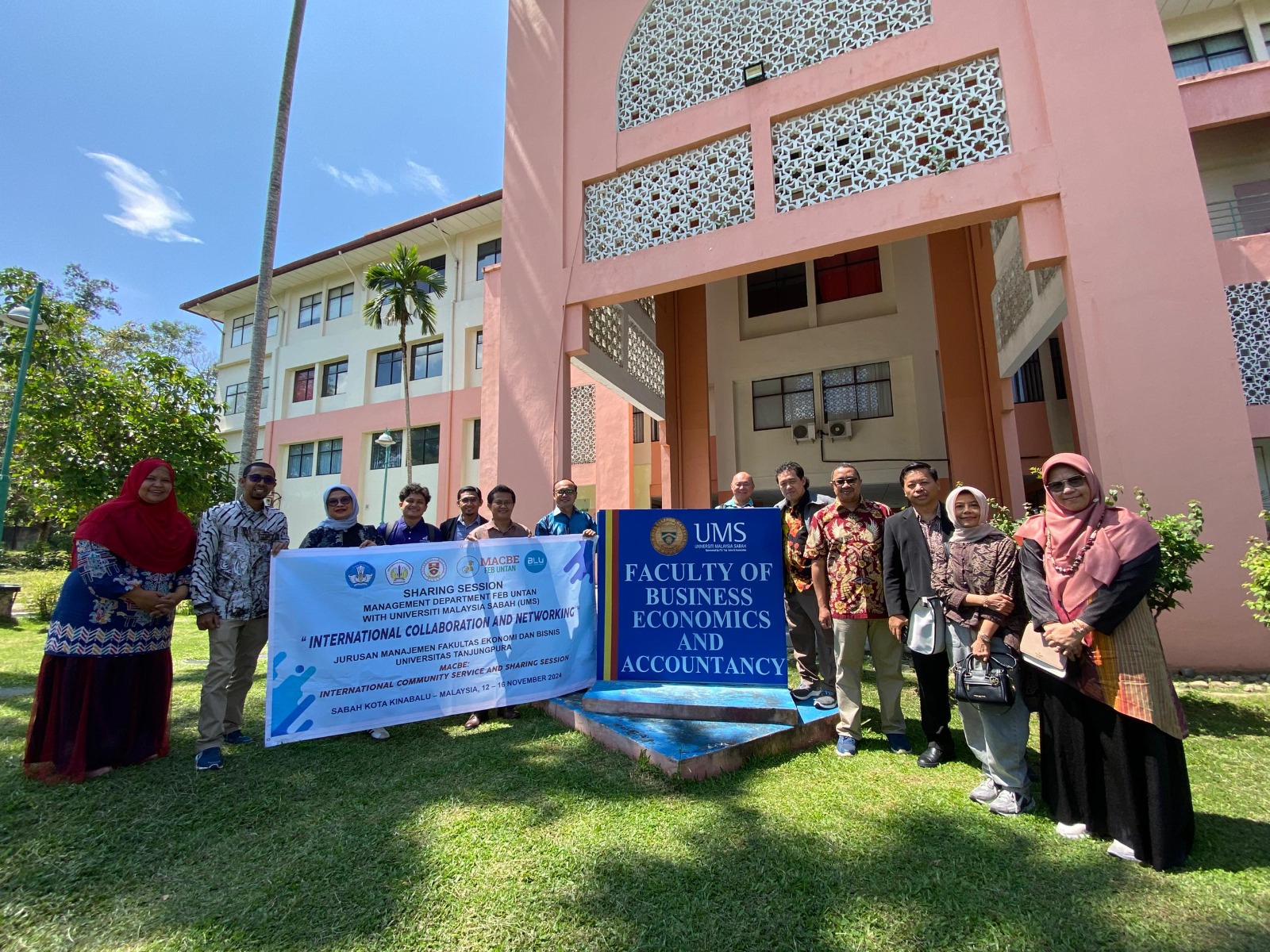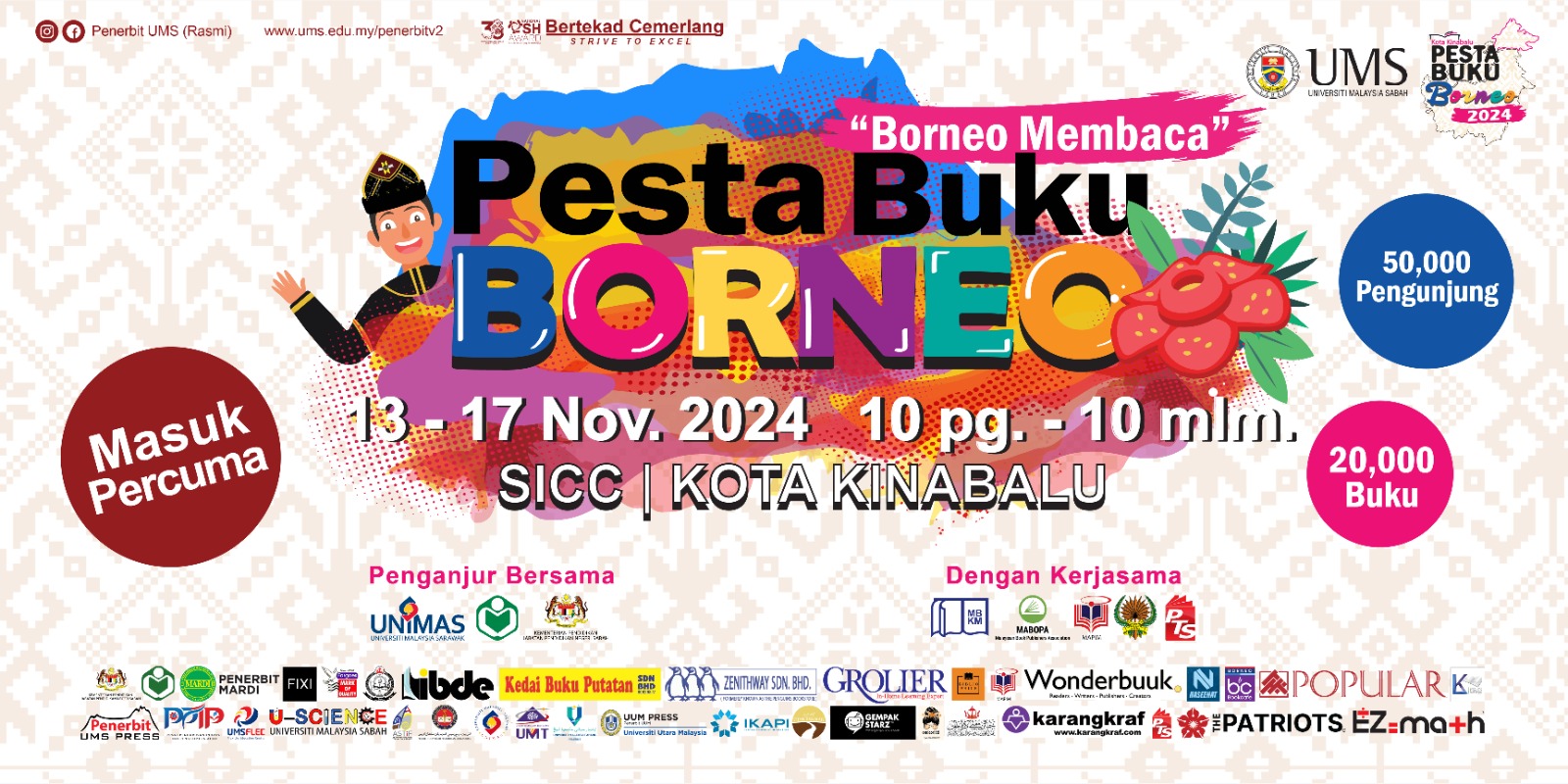 Universiti Malaysia Sabah (UMS) through Borneo Tourism Research Centre (BTRC), Faculty of Business, Economics and Accountancy (FBEA) in collaboration with the Sabah Birdwatchers Association (SBA), successfully organized the three-day Seabirds Identification Workshop recently.
Universiti Malaysia Sabah (UMS) through Borneo Tourism Research Centre (BTRC), Faculty of Business, Economics and Accountancy (FBEA) in collaboration with the Sabah Birdwatchers Association (SBA), successfully organized the three-day Seabirds Identification Workshop recently.
According to BTRC Director, Associate Professor Dr. Balvinder K. Kler, the event which is also supported by the Sabah Tourism Board (STB) and JETAMA Sdn. Bhd. was part of UMS’s 30th anniversary celebrations.
“A total of 51 participants attended this workshop consisting of Sabahan tourist guides and independent birding enthusiasts including one participant from Singapore.
“The initiative aimed to enhance birdwatching skills while highlighting its importance as a niche ecotourism activity in Sabah,” she said.
She added that for this workshop, a well-known field ornithologist, David Bakewell was flown in for this course to train the participants at UMS.
“Day one was a packed programme covering the identification of terns, skuas and gulls in the morning, proceeding to the identification of shearwater, petrels, frigatebirds and boobies in the afternoon.
“A field trip to Mantanani island, off Kota Belud on day two did not disappoint as participants were delighted by large numbers of frigatebirds including Lesser and Christmas Frigatebirds just as they left the Kampung Rampayan Laut jetty,” she said.
Balvinder noted that since birdwatching is a lucrative niche ecotourism market in Sabah and there is a need for more birdwatching guides, SBA and UMS have collaborated since 2022 to encourage birdwatching as a hobby amongst students and locals to understand the value of habitat conservation.
“Identification workshops so far have included Shorebirds in 2022, Raptors in 2023, and this year on Seabirds.
“In line with the UMS slogan, "Leading Towards Innovative Societies", UMS continues to engage with NGOs like SBA to provide the avenue for our youth in the tourism industry to enhance their skills and knowledge.
“Several participants were younger guides who will receive Continuous Tourism Related Education (CTRE) certification from the Ministry of Tourism, Arts and Culture (MOTAC) for this course,” she said, while adding that more birdwatching courses are in the works targeting community-based tourism players, as well as a forum with international experts next year.
Meanwhile, SBA President, Ron Pudin said SBA aiming to provide future birders with a better platform to pursue their interest, especially the junior or school levels exposure.
“This includes spreading the message that birdwatching is a healthy activity which promotes the well-being for individuals and families.
“We are very glad that the outing made a record of sorts as 52 in total which is the largest group of birders congregated on Mantanani island at one time,” he said while commenting on the second day trip to Mantanani Island.
On the final day, participants reviewed photographs taken during the field trip in relation to knowledge gained in class.
They also learnt more about the intricacies of the ebird app hosted by the Cornell Ornithology Lab, USA, which acts as a publicly available record of the value of a place as a birding location where enthusiasts contribute sightings, log species and numbers observed and keep checklists.



 Universiti Malaysia Sabah (UMS) has reaffirmed its commitment to advancing Open Science and international research collaboration through a Memorandum of Understanding (MoU) signed with the International School for Social and Business Studies (ISSBS), Slovenia recently.
Universiti Malaysia Sabah (UMS) has reaffirmed its commitment to advancing Open Science and international research collaboration through a Memorandum of Understanding (MoU) signed with the International School for Social and Business Studies (ISSBS), Slovenia recently. Universiti Malaysia Sabah (UMS) and the Pandemic Sciences Institute (PSI) of the University of Oxford have embarked on a groundbreaking partnership, marking a pivotal moment in their ongoing collaboration.
Universiti Malaysia Sabah (UMS) and the Pandemic Sciences Institute (PSI) of the University of Oxford have embarked on a groundbreaking partnership, marking a pivotal moment in their ongoing collaboration.
 The Borneo Book Festival 2024 (PBB 2024) will be held from November 13 to 17 at Kinabatangan Hall III, Sabah International Convention Centre, from 10:00 AM to 10:00 PM.
The Borneo Book Festival 2024 (PBB 2024) will be held from November 13 to 17 at Kinabatangan Hall III, Sabah International Convention Centre, from 10:00 AM to 10:00 PM.